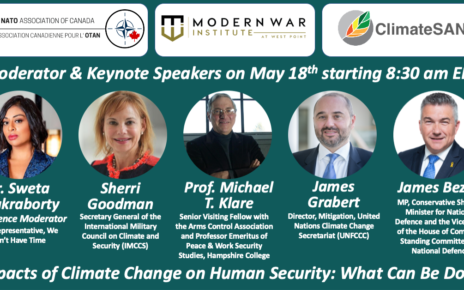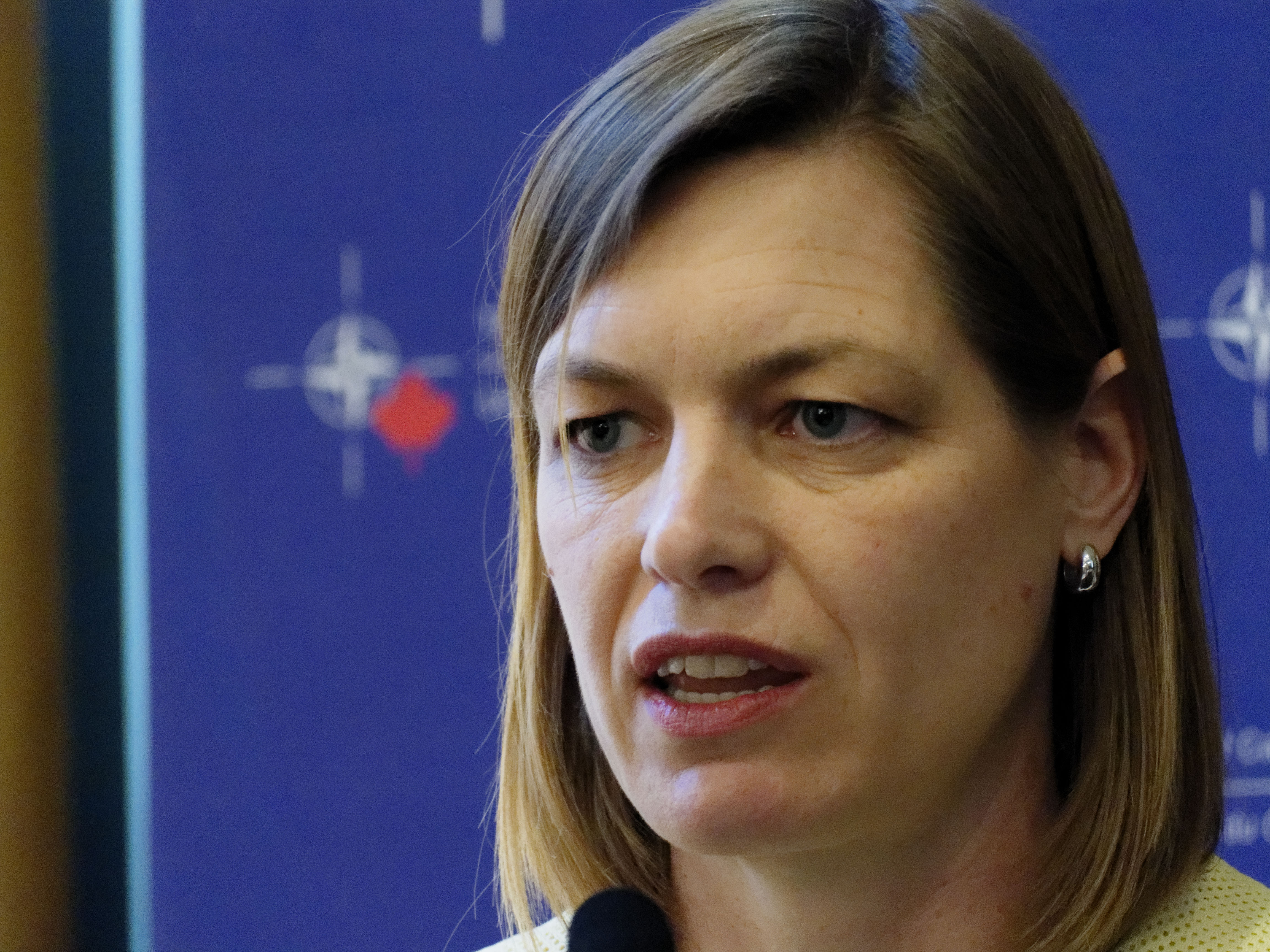On May 13th, 2020, the NATO Association of Canada presented a Zoom Panel Discussion on the implications of the COVID-19 pandemic on the global order featuring Julie Dzerowicz, Major-General (Ret.) David Fraser and The Hon. David Collenette.
The Panelists:
- Julie Dzerowicz is the first female Member of Parliament for Davenport. Elected in 2015, and re-elected in 2019, Julie was recently appointed to the influential Standing Committee on Finance. She also serves as Chair of the National Immigration and Refugee Caucus, Vice-Chair of the Canadian Section of ParlAmericas, Chair of the Canada – Turkey Parliamentary Friendship Group, and Co-Chair of the Canada-Mexico Parliamentary Friendship Group. In her previous term, Julie pushed for solutions to right-wing extremism and increased diversity within the Canadian Forces as a Member of the National Defence Committee, advocated for more women in senior roles of arts organizations as a member of the Canadian Heritage Committee, and pushed for urgent action on climate change as a member of the Environment Committee.
- David Fraser is a retired Major-General in Canada. He is a decorated Canadian military officer and the country’s first general to command American troops in combat since the Second World War. His most noteworthy role was as Brigadier-General in the battle of Operation Medusa, which took place in Afghanistan from September 1–17, 2006 as part of NATO’s coalition efforts in the region. Since retiring from the Canadian Armed Forces in 2011 after 32 years of service,[1] Fraser has worked in the private sector, currently serving as president of AEGIS Six Corporation.[2] In May 2018, he released Operation Medusa: The Furious Battle That Saved Afghanistan from the Taliban, which he co-authored with Brian Hanington. The book recounts his experience as commander of NATO forces in this battle, detailing the preparation, execution and aftermath of the conflict.
- The Honourable David Collenette,PC, L.LD, FCILT, served as a Member of Parliament from Toronto for 21 years and as a minister under three Prime Ministers, Pierre Trudeau, John Turner and Jean Chretien for a period of 11 years. He held several portfolios including Multiculturalism, National Defence, Veterans’ Affairs, Crown Corporations, Minister for the GTA and was Canada’s second longest-serving Minister of Transport (1997-2003). While at National Defence Mr.Collenette oversaw the reorganization, restructuring and re-engineering of the department as part of major government-wide budget cuts to address the deficit. During his time as minister, Canadian Forces served with the United Nations Protective Force (UNPROFOR) in the former Yugoslavia. This included the first-ever NATO air campaign with the bombing of Bosnian-Serb targets. (Operation Deliberate Force) which was an instrumental step towards a peace agreement (The Dayton Accords). Also, on Canada’s behalf, he was a strong advocate at the North Atlantic Council for NATO enlargement through the Partnership for Peace Program (PfP). Since his retirement from Parliament, Mr. Collenette has worked as an advisor to many companies in the defence and transportation industries, including Senior Counsel, Hill+Knowlton Strategies. He has been a member of the International Advisory Board, School of International Affairs, Stanford University, California; Senior Fellow, Ryerson University and Distinguished Fellow at Glendon College, York University. He has also been active on not-for-profit boards of directors and served on many democratic development missions around the world for the National Democratic Institute, Washington, DC. He was Chair of the Chartered Institute of Logistics and Transport in North America, (2012-2016) and Vice President, CILT International (2012-2017).
To watch the full discussion click here




